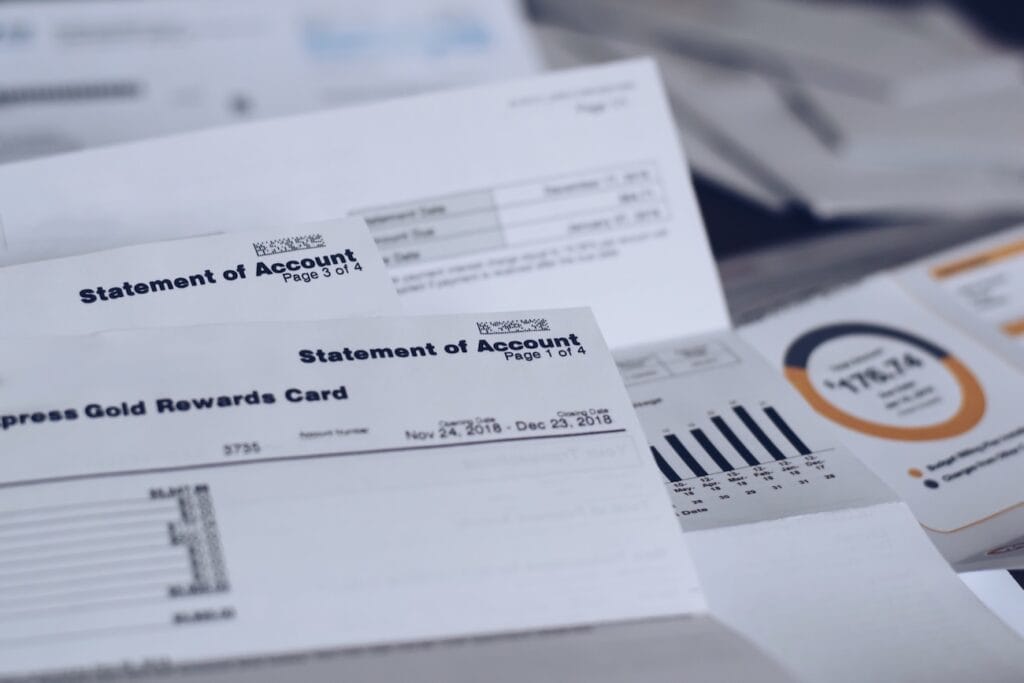Switzerland has long been a global leader in private banking, offering stability, discretion, and access to international financial markets, including crypto assets. Its reputation attracts high-net-worth individuals (HNWIs), entrepreneurs, and businesses seeking secure and efficient banking solutions. However, banking in Switzerland comes with a set of tax implications that every client should understand to fully benefit from their accounts.
This guide breaks down the essential tax considerations for Swiss bank clients, providing practical advice and actionable strategies for compliance and savings.
Understanding Withholding Tax on Interest Income
One of the first things to know about Swiss banking is the withholding tax. This tax is automatically deducted at the source whenever you earn interest on deposits held in a Swiss bank. For most interest income, the standard withholding tax rate in Switzerland is 35%.
While this may seem steep, the tax system includes mechanisms for reducing or reclaiming part of this amount depending on your country of residence and applicable agreements.
How to Reduce or Avoid Withholding Tax
- Double Taxation Agreements (DTAs):
Switzerland has a network of agreements with many countries to prevent double taxation—where the same income is taxed in two jurisdictions. For instance:- A German resident holding Swiss bank deposits can reduce the withholding tax to 15% under the Switzerland-Germany DTA.
- Some agreements even allow complete exemption from withholding tax, depending on the type of income and residency status.
- Submit a request through their tax authorities.
- Provide the necessary documentation, such as proof of tax residency.
- Fiduciary Deposits:
Fiduciary deposits are another effective tool to avoid Swiss withholding tax. Under this arrangement:- A Swiss bank acts as a trustee and invests your funds in jurisdictions with more favorable tax rates.
- Interest income is generated outside Switzerland, potentially reducing or eliminating withholding tax.
| Strategy | Benefit | Key Considerations |
|---|---|---|
| Double Taxation Agreements | Reduce or eliminate withholding tax | Requires filing and documentation |
| Fiduciary Deposits | Avoid Swiss withholding tax on interest | Involves fees and regulatory hurdles |
Taxation of Dividends from Securities Investments
Swiss banks offer clients the opportunity to invest in a wide range of securities, including stocks, bonds, and mutual funds. While these investments can provide substantial returns, dividends are often subject to taxation in multiple jurisdictions.
Key Factors Affecting Dividend Taxation
- Swiss Withholding Tax on Dividends:
Dividends from Swiss companies are subject to a 35% withholding tax, similar to interest income. However, clients residing in countries with DTAs can reclaim part or all of this tax. - Foreign Investment Taxation:
If you invest in foreign securities through your Swiss bank, the dividends are taxed according to the rules of the country where the company is domiciled. For example:- A U.S. stock paying dividends to a UAE resident through a Swiss bank will incur a 30% U.S. withholding tax if there’s no DTA in place.
- Conversely, if a DTA exists, the rate might drop to 15% or lower, depending on the agreement.
The Importance of Tax Planning
Tax planning is critical for minimizing liabilities on dividend income. Strategies include:
- Holding securities through corporate structures: In some cases, using a Swiss company to hold investments can reduce overall tax exposure.
- Professional tax advice: Consulting a tax advisor ensures compliance with international tax laws and helps identify opportunities for savings.
Securities Transfer Tax: Costs of Trading
Frequent trading in Swiss or international securities can result in significant cumulative tax costs due to Switzerland’s stamp duty on certain securities transactions. It’s important to note that bonds and money market ETFs (MM ETFs) are classified as securities and are therefore subject to this tax. The applicable rates are as follows:
- 0.075% on transactions involving Swiss securities, including bonds and MM ETFs.
- 0.15% on transactions involving foreign securities, which also encompasses bonds and MM ETFs traded internationally.
This tax applies to both buyers and sellers, meaning that active trading strategies can reduce overall profitability over time. To mitigate the impact of the securities transfer tax, consider the following strategies:
- Consolidate Trades:
Grouping multiple transactions into fewer trades reduces the frequency of taxable events, minimizing your overall tax liability. - Adopt Long-Term Investment Strategies:
Holding securities, such as bonds and MM ETFs, for extended periods can significantly lower the cumulative effect of transfer taxes, as less frequent trades mean fewer taxable events.
Understanding how securities like bonds and MM ETFs are taxed in Switzerland is critical for effective tax planning. Incorporating these strategies into your trading approach can help you optimize returns while keeping transfer tax costs under control.
Real-Life Example: Maximizing Tax Efficiency with Swiss Banks
Imagine a business owner based in Dubai who holds accounts in a Swiss bank. The owner:
- Deposits funds, earning interest subject to Swiss withholding tax.
- Invests in U.S. stocks through their Swiss account, incurring a 30% U.S. withholding tax on dividends due to the absence of a UAE-U.S. DTA.
To optimize their tax strategy, the client:
- Shifts part of their deposits to fiduciary accounts to avoid Swiss withholding tax.
- Diversifies investments into jurisdictions with favorable DTAs.
- Works with a tax advisor to structure income in a tax-efficient way, ensuring compliance with UAE tax rules while benefiting from Swiss banking privacy and stability.
Best Practices for Tax Planning in Swiss Banking
- Engage a Tax Advisor
Tax regulations are complex and vary across jurisdictions. A professional advisor can:- Help you navigate DTAs.
- Identify opportunities for tax-efficient structures.
- Ensure compliance with local and international tax laws.
- Stay Informed About Reporting Obligations
Many countries require residents to disclose foreign accounts and income. Non-compliance can lead to penalties. For example:- U.S. citizens must report foreign accounts under FATCA (Foreign Account Tax Compliance Act).
- OECD countries follow the CRS (Common Reporting Standard), which facilitates automatic information exchange.
- Leverage Swiss Corporate Structures
Holding assets through a Swiss company may offer tax advantages in certain scenarios, such as investment management or inheritance planning. However, this requires a thorough understanding of Swiss corporate tax law.
Why Choose Professional Assistance?
Navigating Swiss tax laws and international agreements can be daunting. Companies like Easy Global Banking simplify the process for clients by:
- Offering expert advice tailored to individual tax circumstances.
- Assisting with compliance requirements.
- Providing access to banking solutions that maximize privacy and tax efficiency.
Conclusion
Swiss banking remains a powerful tool for wealth management, offering unparalleled benefits in stability, privacy, and global market access. However, to truly unlock its potential, clients must carefully navigate the associated tax landscape. Strategies like leveraging DTAs, exploring fiduciary deposits, and consulting tax professionals can make a significant difference in reducing liabilities and ensuring compliance.
Whether you’re an entrepreneur seeking international investment opportunities or an individual safeguarding your wealth, Swiss banking offers unmatched advantages—when paired with effective tax planning. Partnering with trusted experts like Easy Global Banking ensures a seamless experience, tailored solutions, and peace of mind.
Take the next step: Learn more about opening a Swiss bank account and secure your financial future with confidence.






